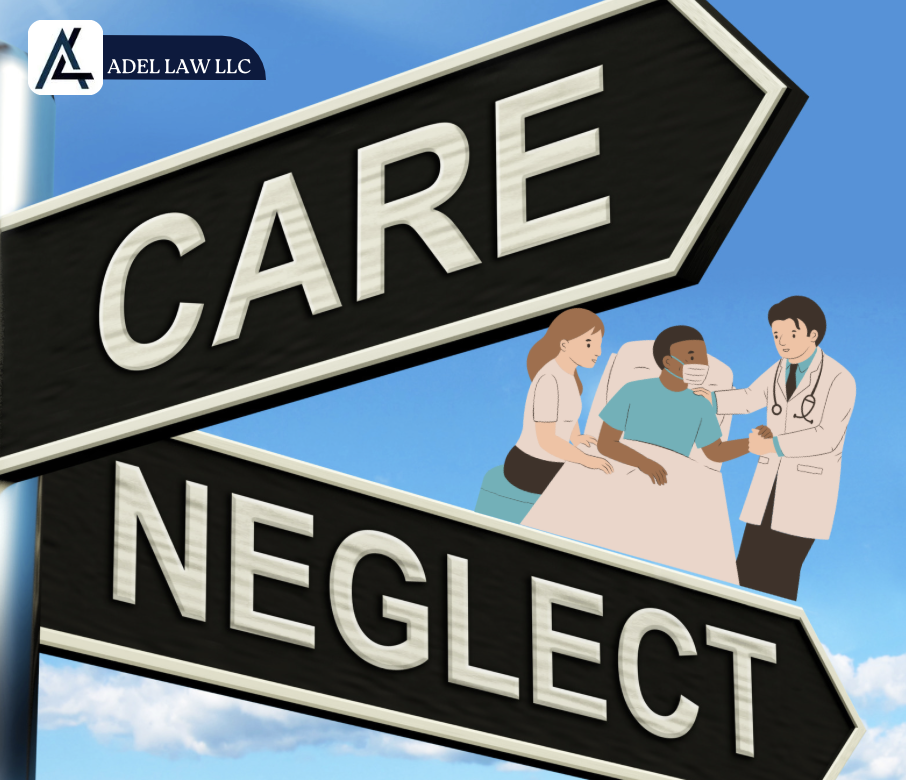Medical treatments don’t always go as planned, but how can you tell if what happened to you is just an unfortunate outcome or if it qualifies as medical negligence? Recognizing the signs can help you decide whether to pursue a medical negligence claim.
Understanding Medical Negligence
Medical negligence occurs when a healthcare provider fails to deliver the standard of care expected in their profession, resulting in harm to the patient. This can happen in various settings, from hospitals and clinics to nursing homes. It’s not about a doctor making a simple mistake; it’s about the negligence causing significant harm that could have been prevented.
Common Red Flags of Medical Negligence
- Misdiagnosis or Delayed Diagnosis: If a healthcare provider misdiagnoses your condition or delays the correct diagnosis, leading to worsening health, this could be a sign of negligence. Misdiagnosis often results in incorrect or delayed treatment, which can have serious consequences.
- Surgical Errors: Surgical mistakes, such as operating on the wrong site, leaving instruments inside the body, or causing unexpected damage, are clear indicators of negligent medical treatment. Post-surgery complications due to these errors can be devastating.
- Medication Mistakes: Receiving the wrong medication or incorrect dosage can have severe effects, especially if it exacerbates your condition or leads to new health problems. Such errors are often the result of poor communication or oversight in a medical setting.
- Lack of Informed Consent: Before any procedure, your healthcare provider should explain the risks and benefits so you can make an informed decision. If this didn’t happen, and you suffered harm as a result, it could be considered negligence.
What to Do if You Suspect Medical Negligence
If you’ve noticed any of these red flags, it’s essential to seek legal advice. Medical negligence lawyers can help determine if you have a case and guide you through the process of making a claim. Acting quickly is crucial because there are time limits for filing medical negligence claims in Singapore.
Don’t let negligence go unchecked. If you believe you’ve suffered due to a healthcare provider’s error, it’s time to explore your legal options. Consulting with a professional can help you understand your rights and the next steps you should take.




